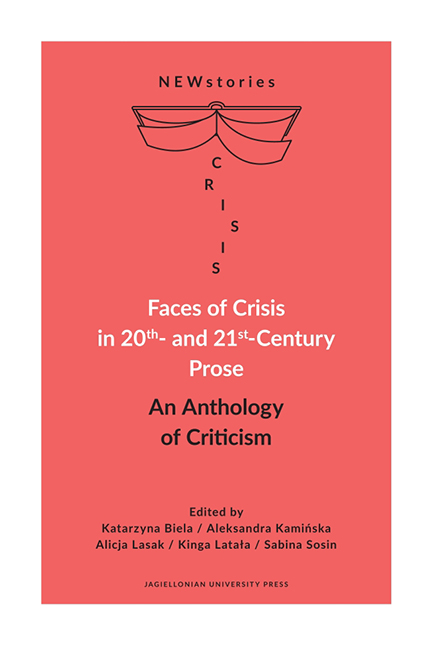The Representation of the Social Identity Crisis in Lady Chatterley’s Lover by D. H. Lawrence
Published online by Cambridge University Press: 16 July 2022
Summary
Abstract:After the Great War, the values in which the British society used to believe were challenged. People were lost, disillusioned, and petrified by the atrocities committed during the conflict. The war inspired the feeling of empowerment among women and lower classes and caused a drastic change in the position of the ruling class. The essay analyses the representation of the social change in interwar Britain and the national identity crisis illustrated in Lady Chatterley's Lover by D. H. Lawrence. The essay examines the female protagonist's journey to sexual and personal freedom. By analysing the novel's main characters, the essay shows the rising social awareness and confidence of the lower classes, as well as the diminishing position and moral and physical corruption of the leisure class. It discusses the author's vision of the new society, undivided by rigid social boundaries, which could conquer the post-war lethargy and depression.
After World War I, the values in which British society used to believe were challenged. People were lost, disillusioned, and petrified by the atrocities committed during the conflict. Nevertheless, the war inspired the feeling of empowerment among women and lower classes, and caused a drastic change in the position of the ruling class. The aim of the essay is to analyse the social identity crisis and the representation of the social change that took place in interwar Britain, which are illustrated in Lady Chatterley's Lover by D. H. Lawrence (1928).
For centuries, British society was divided into rather hermetic castes and the social status permeated every sphere of human life (James 2014: 4). The aristocracy enjoyed a supremacy that enabled this far outnumbered group to rule the country, command armies, and dictate to others the fashion of the time and appropriate codes of conduct, causing fascination and envy among members of the lower spheres of society. They managed to perpetuate their ascendancy for centuries thanks to their ability to create and preserve the myth of their hereditary superiority, virtue, and courage. As Lawrence James points out, “[w]ith heir dazzling glamour and poised self-assurance … their devil-may-care attitude to sport and shocking frivolities, they kept the middle- and working-class audience hypnotised” (2010: 4).
- Type
- Chapter
- Information
- Faces of Crisis in 20th- and 21st-Century ProseAn Anthology of Criticism, pp. 85 - 96Publisher: Jagiellonian University PressPrint publication year: 2020



